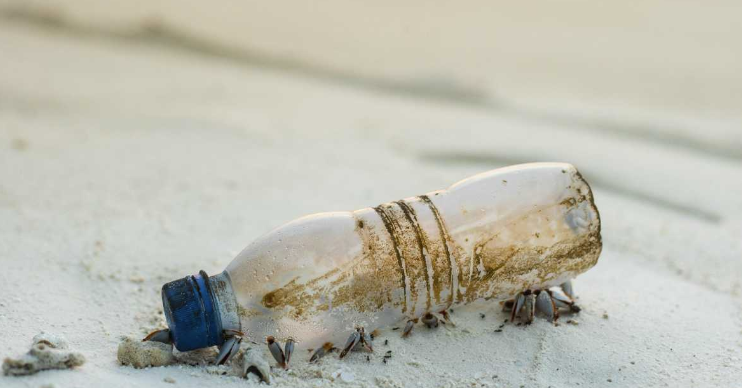 Back to News
Back to News
Leading hydrocarbon company selects Vow technology to convert plastic waste into fuel
15th July, 2024
 Back to News
Back to News
15th July, 2024

ETIA Ecotechnologies, a subsidiary of Vow ASA signed on July 15 2024, a partnership and services and supply agreement with a leading international independent hydrocarbon company operating globally to further advancing plastic-to-fuel conversion technology towards industry-scale application.
The services and supply agreement, which is valued at around EUR 1.5 million, includes a six-month trial period at ETIA’s test site in France and the shipment of a first unit that will be installed in a plastic waste recycling project outside France. The hydrocarbon company has laid out plans to deploy more than ten similar units in Africa and Latin America.
The agreement follows more than two years of joint research at pilot scale, resulting in the undisclosed hydrocarbon company decision to select ETIA’s pyrolysis technology for its plastic waste-to-fuel projects. By implementing such solutions, the hydrocarbon company will be providing a circular solution for plastic waste in the countries where it operates, and produce fuel for own consumption, thereby reducing its CO2 footprint.
“With the execution of this agreement, the project is now entering its pre-industrial test phase before the first unit becomes operational. Our plastic waste-to-fuel solution is based on a low temperature process which is complementary to other solutions provided by Vow, proving the relevance of Vow’s thermo-chemical technologies to decarbonize several industry verticals and develop circular solutions,” Henrik Badin added.
Pending a successful test in France, the first unit will be installed on location outside of France, while ETIA will continue to provide maintenance support, spare parts, and training of personnel. For the next potential projects, ETIA would deliver its pyrolysis reactor technology into a standardised plastic waste valorisation plant with capacity around 3 tons a day.
Plastic waste is a major environmental issue globally, with 4-8 percent of annual global oil consumption associated with plastics, according to the World Economic Forum. Humans produce over 400 million tons of plastic waste every year, according to the United Nations Environment Program. It is estimated that eight million tons of plastics end up in the oceans, causing devastating effects for wildlife and the food chain.
